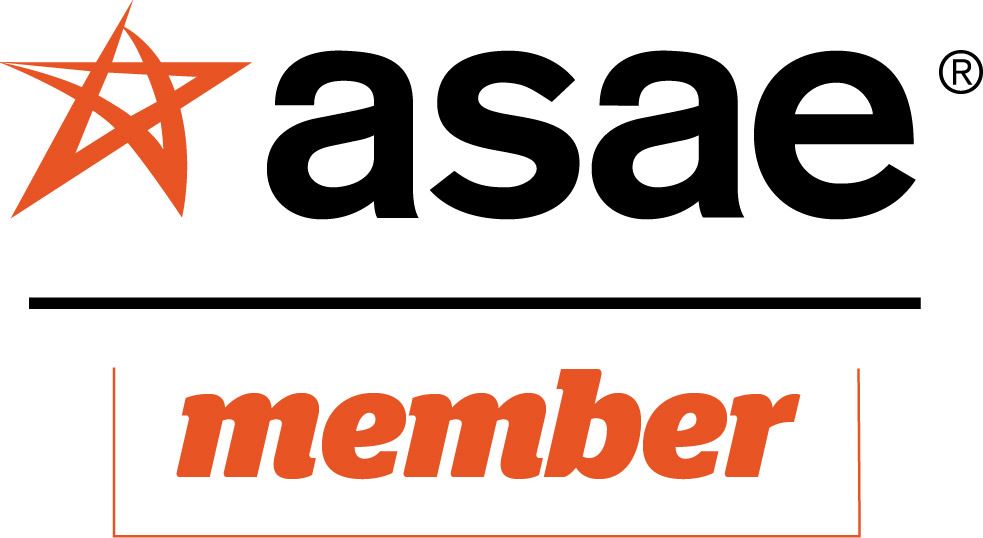M&A Activity Continues in PandemicAFI Staff ReportFor Brian Briggs, 2020 was a year of many interesting deals. Over the years, the mergers & acquisitions guru has been on both sides of the negotiating table. This year has been no different, and as CEO of National Foods, he helped the company through several impactful deals. “Good deals can always get done,” he said during a presentation at an October 2020 event. Briggs said 6.3% of transactions in the food and beverage sector are in the ingredient or flavor space and more than 80% of those are acquisitions done by strategics. Another 12% are done by private equity firms that have been increasingly interested in the food and beverage industry. Briggs said ingredients firms often achieve a higher multiple than other companies in F&B, though many things must be present to drive higher-end multiples. First, he said, is scale – the pure number of dollars in revenue. Second is the market segment expertise, especially if the segment is on-trend. Third is whether organic growth is higher than the market. Next is the on-trend solutions, technology and capabilities of the business. Trends such as lower-sugar, better-for-you foods or convenience items are attractive. And finally, the customer base. If it’s disruptive or growing, it will achieve a higher multiple, he said. Perhaps of equal importance, Briggs noted, was that the lack of these factors will naturally lead to a lower-end multiple. The impact the CEO/owner of the company has had on the success of the business is critical factor as well. It’s important, he said, to identify if relationships with key contacts are tied to the owner in particular? If so, the business may not be likely to operate at the same level without that person, he said. Briggs said today’s deal environment is different than in years past. COVID-19 slowed everything down for a time but he’s optimistic about the return to pre-COVID levels, both in new deals and the renewed progress in those that were under way before COVID hit. He said there were more generational change opportunities and some “true, strong-volume, high-quality deals in the flavor and ingredients segment.” Briggs said although COVID-19 certainly impacted the acquisition arena, performance can still be reviewed, as well as revenue. Businesses, he said, can rely on EBITDA (Earnings Before Interest, Taxes, Depreciation and Amortization) perhaps more easily in the F&B market than in others. He said the flavor and ingredients sector can offer real assets and revenue that are easy to measure. Because of COVID, he said “calculations are more in-depth.” Due diligence, he said, “is always a critical part of the deal but figuring in the effects of COVID increases this factor.” He said deals during COVID seem to be taking longer, as the time for permits and other governmental requirements are among things slowing the process for all. On whichever side of the deal one may be, Briggs advised preparation. “F&B deals are more sophisticated and as a seller, you have to have your information, data and reports in order. The more you have prepared, the more control you have over the narrative, making you stronger as a seller,” he said. After more than 30 deals during his career, from every angle of a negotiation table, Briggs is well-versed in all aspects of taking a business public or taking it private. He shared his “10 Lessons Learned” from this experience. 1. Really Understand What the Market Values 2. Understand the Likely Exit Strategy 3. Develop your Message 4. Assemble the “A” Team! 5. Understand What the Business May Look Like Post-Deal 6. Where Possible, Agree on a Value Range Up Front 7. Know Your Numbers 8. Realize You May Not be 100% Aligned with the Owner 9. Post-Deal is When the Real Work Begins 10. Post-Deal Communication Briggs said he has the battle scars to prove he’s made mistakes along the way. Although it can be difficult, he said, “there are a lot of great companies in the food and beverage space, combined with inexpensive money... there are some tremendous deals to be done out there.” But, as with every deal Briggs has worked on to date, he said, in order to find them, “there’s work to be done.” |
Coming Soon:2021 U.S. Food Import Industry Annual ReportChairman's Report - James Libby President's Report - Bob Bauer North American Olive Oil Association - Marco de Ceglie Processed Foods - Josh Gellert Nut & Agricultural Products - Travis Walvoord National Honey Packers & Dealers - Greg Olsen Regulatory and Trade IssuesFDA Vision of New Era of Smarter Food Safety FDA Marks FSMA's 10th Anniversary Balancing Today, Tomorrow, Key for Continuity Producers Must Comply with Intentional Adulteration Regulation Nutrition Facts Panel Changes in Effect The Role of a PCQI for Exporters to the U.S. M&A Activity Continues in Pandemic |



